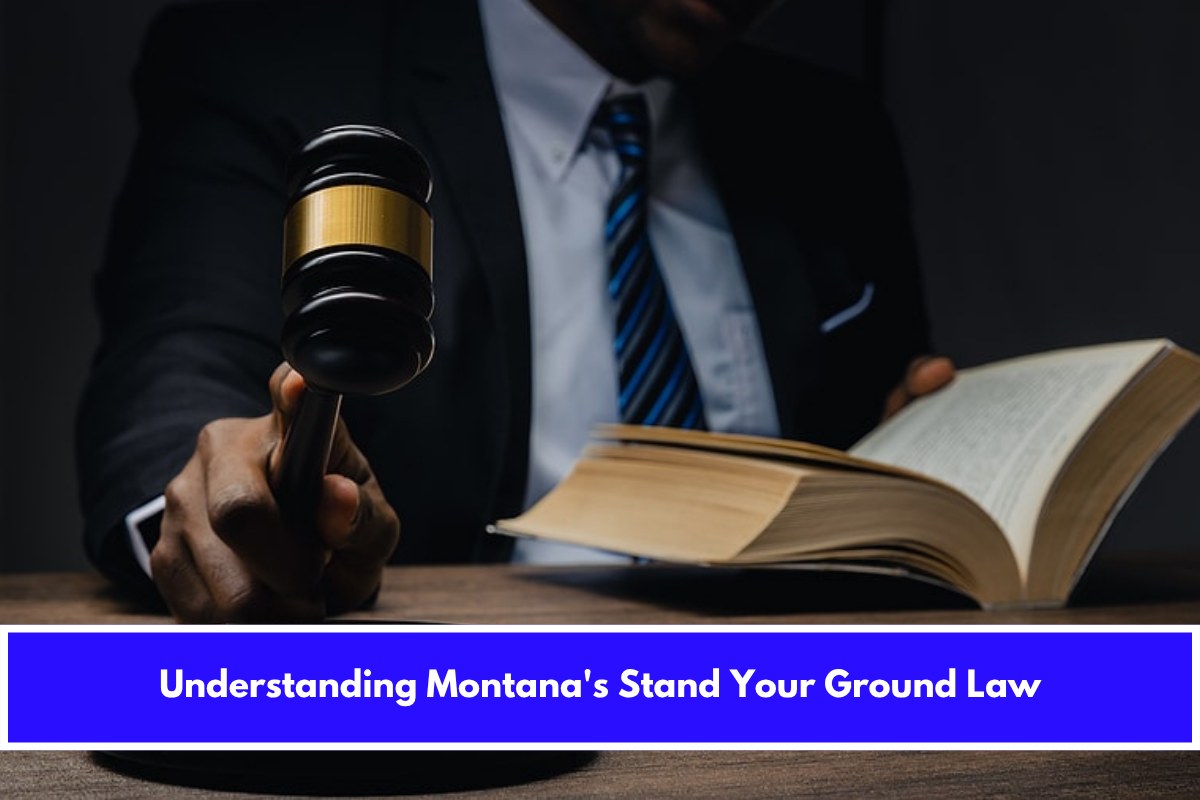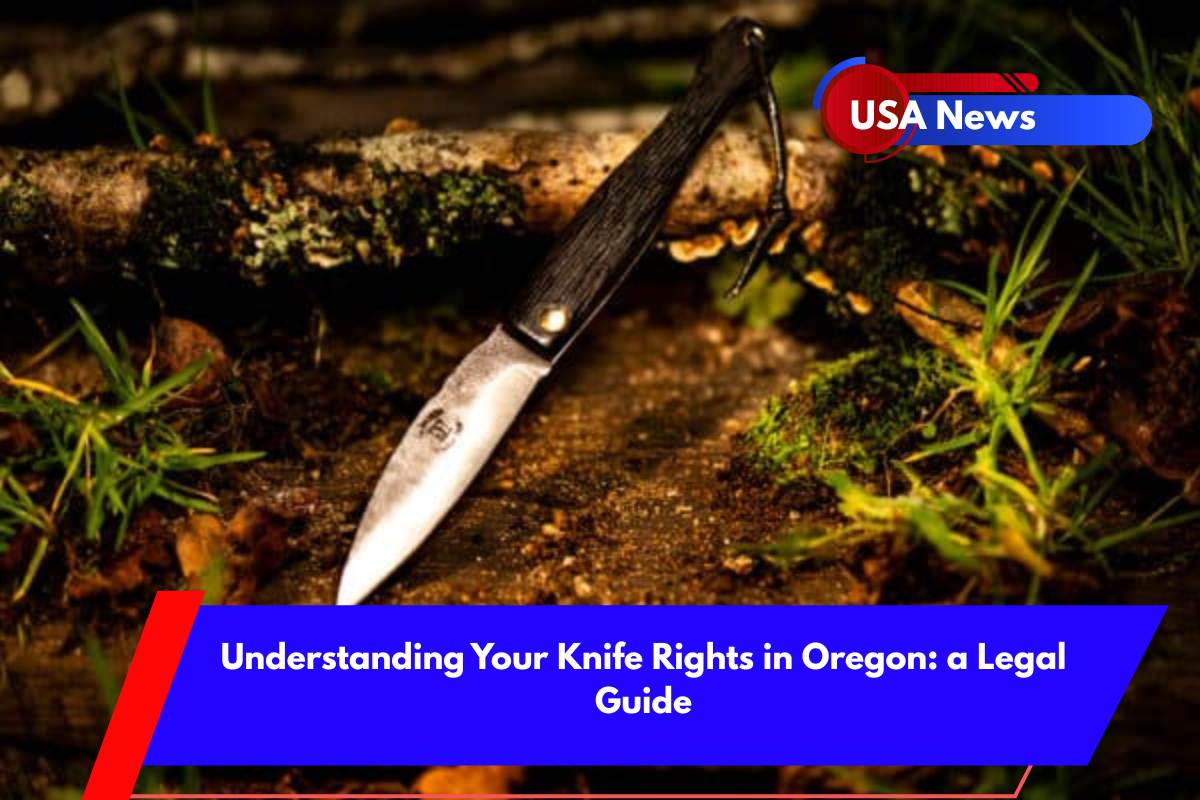Montana’s Stand Your Ground law is a legal provision that allows individuals to use force—including deadly force—in self-defense without first attempting to retreat from a threatening situation, provided they are lawfully present in the location where the threat occurs.
This is a significant departure from traditional self-defense laws, which often required a person to try to escape or retreat before resorting to force.
Key Features of Montana’s Stand Your Ground Law
- No Duty to Retreat: If a person reasonably believes they are facing imminent death or serious bodily harm, Montana law does not require them to retreat before using force in self-defense, whether in public or private spaces where they are legally present.
- Reasonable Belief Standard: The use of force must be based on a reasonable belief that it is necessary to prevent imminent harm to oneself or another person.
- Applicability in Public and Private: Stand Your Ground protections apply not just in the home (as under the Castle Doctrine) but also in public places, as long as the person is lawfully present.
- Limitations: The law does not grant an unlimited right to use force. Deadly force is only justified if there is a reasonable belief that it is necessary to prevent imminent death or serious bodily harm.
- Not a License for Violence: Stand Your Ground is not a free pass to use force against anyone perceived as a threat; there must be a genuine, reasonable belief of imminent danger.
How Stand Your Ground Differs from the Castle Doctrine
| Feature | Stand Your Ground (Montana) | Castle Doctrine (Montana) |
|---|---|---|
| Where it applies | Anywhere lawfully present | Home, sometimes vehicles/workplace |
| Duty to retreat | No duty to retreat | No duty to retreat in home |
| Force allowed | Force/deadly force if necessary | Force/deadly force if necessary |
Legal Context and Implications
- Self-Defense Claims: Individuals claiming self-defense under Montana’s Stand Your Ground law must still show that their actions were reasonable under the circumstances.
- Criminal Defense: Understanding these laws can be crucial for defendants facing serious criminal charges, as self-defense can be a valid legal defense if properly established.
- Legal Consultation: It is always advisable to consult with a legal expert if you are involved in a self-defense incident, as the specifics of each case can affect the applicability of Stand Your Ground protections.
Sources:
- https://giffords.org/lawcenter/state-laws/stand-your-ground-in-montana/
- https://en.wikipedia.org/wiki/Stand-your-ground_law
- https://theriver979.com/stand-your-ground-montana/
- https://gun-safety.com/montana/montana-castle-doctrine/













